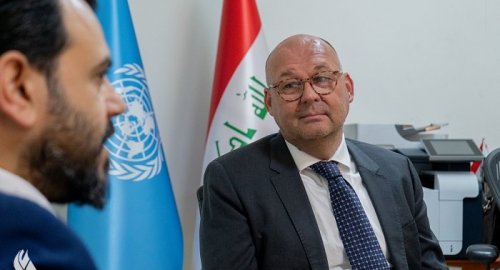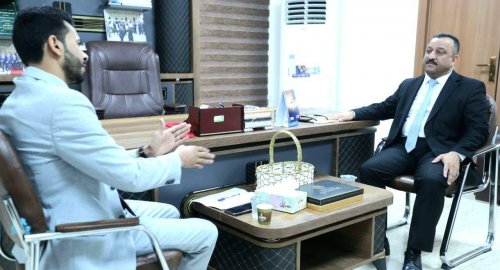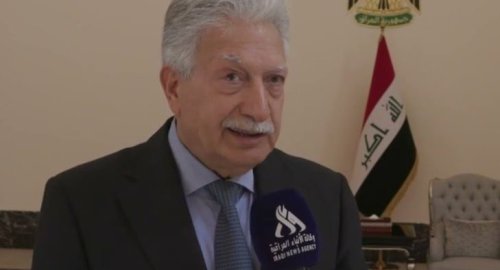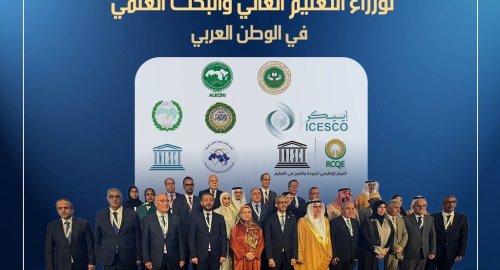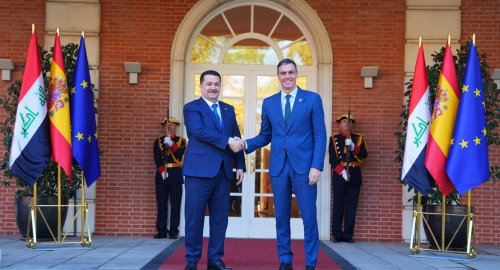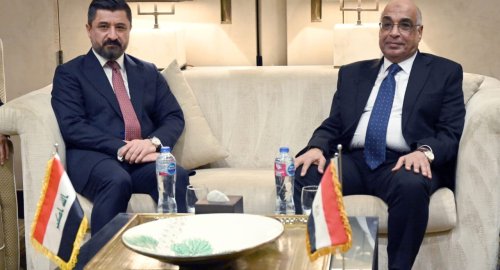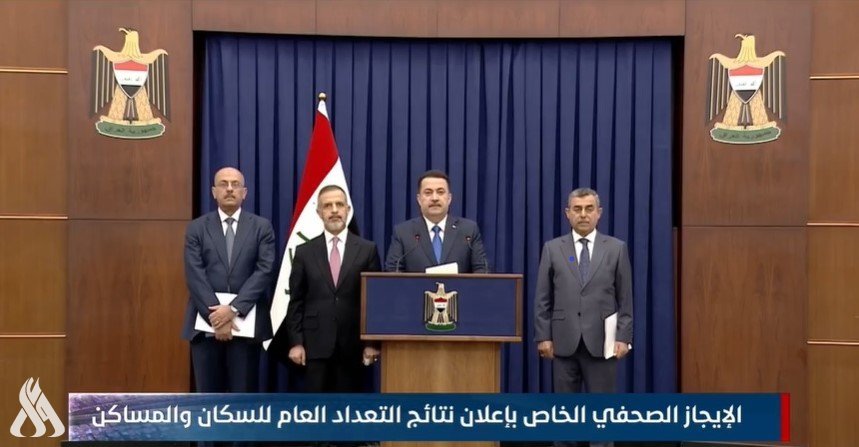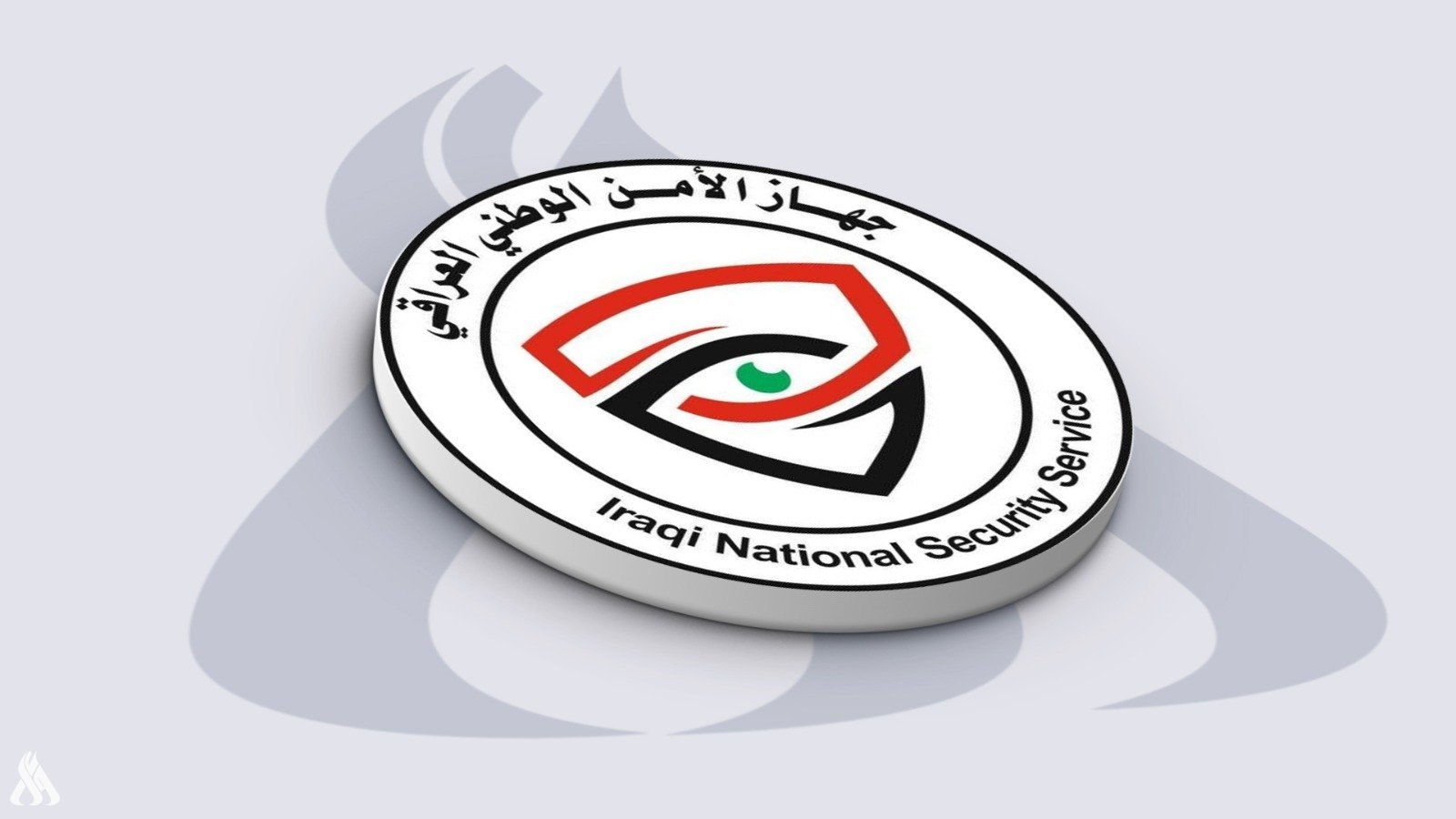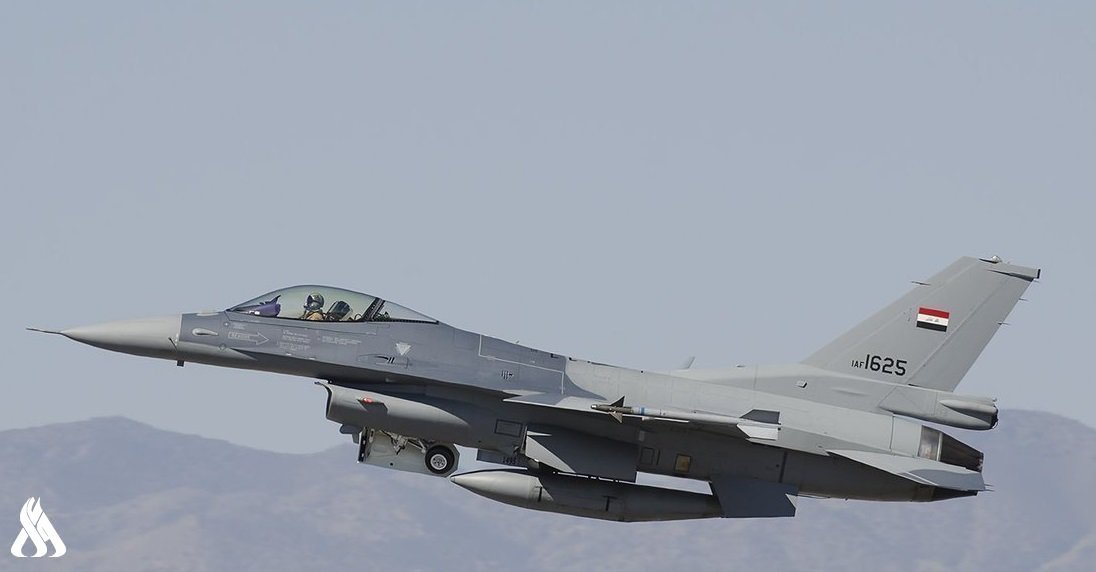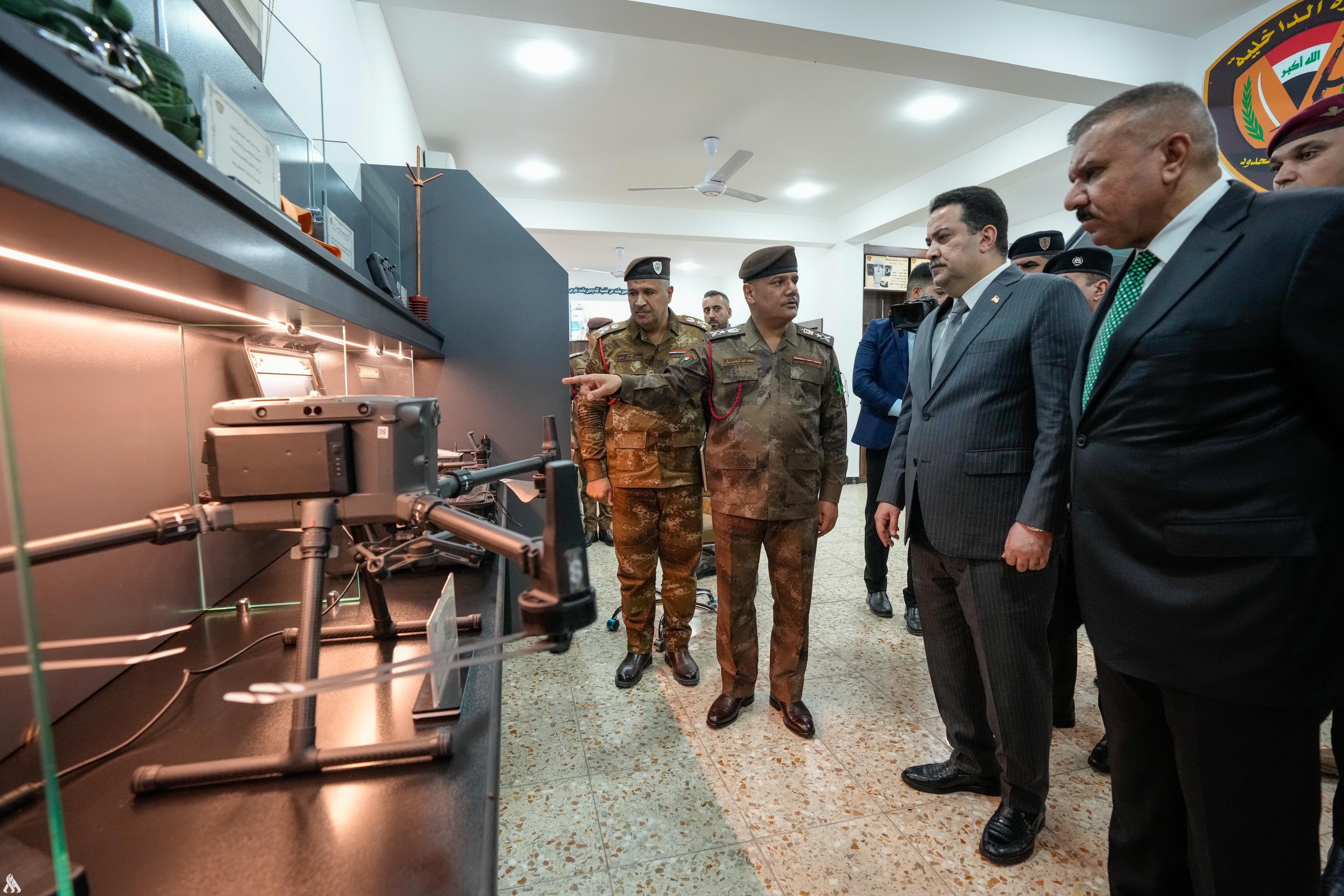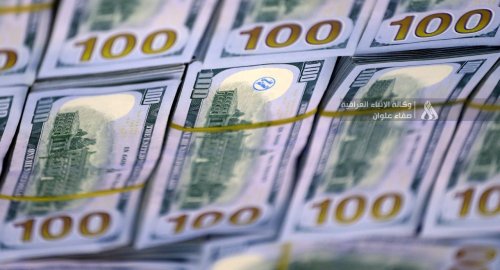
SJC Warns of the Serious Impact of Currency Smuggling on Iraq’s Economy and Development

- Today, 12:00
Baghdad – INA
The Supreme Judicial Council (SJC) issued a stark warning today regarding the severe repercussions of currency smuggling on Iraq’s national economy and developmental progress. The Council underscored emerging methods employed in smuggling operations and highlighted the legal efforts being made to combat them.
Judge Iyad Mohsen Dhamad of the Integrity and Anti-Money Laundering Investigation Court, in comments to the SJC Newspaper, also covered by the Iraqi News Agency (INA), stated that "currency smuggling is a crime with far-reaching economic and social consequences. It depletes the country’s foreign currency reserves by transferring them abroad, benefiting foreign economies at Iraq’s expense."
Judge Dhamad noted the evolution of smuggling methods, which have become more sophisticated due to advancements in technology. He revealed a recent tactic where smugglers utilize prepaid electronic payment cards.
"The perpetrators enlist citizens to issue payment cards in their names for small fees. These cards are loaded with funds, taken abroad via airports, and the money is withdrawn from ATMs in foreign countries," he explained.
Another common method involves exploiting the Central Bank of Iraq’s currency auction system. Criminals purchase U.S. dollars under the pretext of financing imports but instead transfer the funds to foreign accounts without conducting any legitimate trade transactions.
Judge Dhamad emphasized that currency smuggling cases are prosecuted under Resolution No. 58 of 1982, which mandates life imprisonment for individuals proven to have smuggled funds out of Iraq. This resolution also requires the confiscation of their movable and immovable assets within Iraq, transferring ownership to the Ministry of Finance. In certain cases, these crimes are reclassified under Article 43 of the Anti-Money Laundering and Counter-Terrorism Financing Law No. 39 of 2015, depending on the specific circumstances.
He highlighted the critical need for legal reforms to impose stricter penalties on smugglers. At the institutional level, Judge Dhamad called for enhancing the capabilities of security and intelligence agencies to effectively track and apprehend those involved in smuggling operations.
Despite these measures, Judge Dhamad acknowledged the challenges posed by modern smuggling techniques, particularly those leveraging advanced technologies. He described technological advancements as a "double-edged sword," noting that while smugglers exploit technology to refine their operations, authorities can counter these efforts by upgrading airport inspection systems and anti-money laundering mechanisms.
Judge Mohammed Khaled Jiyad of the Third Karkh Investigation Court outlined additional smuggling tactics, such as falsifying trade invoices and inflating prices in fraudulent deals. He noted the use of Qi and Visa cards for transferring local currency abroad, often linked to illicit activities like drug and arms trafficking or oil smuggling.
Judge Jiyad warned that currency smuggling exacerbates economic instability by fueling inflation and driving up the prices of goods. He also pointed out that certain smugglers dominate dollar transactions, creating monopolies that negatively impact local currency values.
He underscored the critical role of the Central Bank of Iraq in implementing stringent policies to regulate financial institutions and combat money laundering effectively.
Judge Jiyad highlighted the significant role of the judiciary in addressing currency smuggling through decisive legal actions. "The Iraqi judiciary has played a pivotal role in combating this crime by issuing verdicts against currency smugglers, applying the provisions of Article 456 of the Penal Code alongside Article 57 of the Iraqi Banking Law No. 94 of 2004. The latter stipulates that anyone engaging in banking activities without proper authorization from the Central Bank of Iraq is guilty of fraud and subject to prosecution under the Penal Code," he stated.
He further explained that Article 456 penalizes individuals who, through fraudulent means—such as false claims, adopting a fake identity, or reporting false facts—deceive others into transferring movable property. Legal measures are taken against both individuals and entities engaging in unauthorized banking activities, such as unlicensed financial transfers abroad.
Judge Jiyad also elaborated on the application of Resolution No. 58 of 1982, issued by the dissolved Revolutionary Command Council. The resolution prescribes life imprisonment for individuals proven to have smuggled funds out of Iraq for investment purposes and mandates the confiscation of their assets. These confiscated assets are then registered under the Ministry of Finance.
Furthermore, he referenced Article 38 of the Anti-Money Laundering and Counter-Terrorism Financing Law No. 39 of 2015, which requires the confiscation of funds linked to money laundering offenses, aligning with the provisions of Resolution No. 58 of 1982.
Al-Sudani meets with Prime Minister of Spain
- politics
- 01:16
Shawani meets with Egyptian Minister of Justice
- Local
- 01:12
INSS Captures ISIS Emir of Kurdistan
- Security
- 24/11/23
Iraqi F-16 aircraft carry out an airstrike in Zgheiton Valley in Kirkuk
- Security
- 24/11/22

